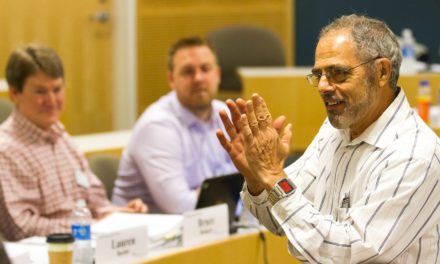By Melissa Manno
Bustling crowds of prospective students. Lengthy tours of campus. Historic names of buildings. High school senior Grace McCloskey and her family marked the end of Accepted Students Day by reflecting on their exploration of Penn State over dinner.
It was there, among the noisy booths of Redifer Commons, that they encountered a student who embodied the meaning of being a Nittany Lion.
With a welcoming smile, Harrison Baker approached McCloskey and her family and sparked a conversation with them about Penn State, sharing his own anecdotes and answering all their questions candidly.
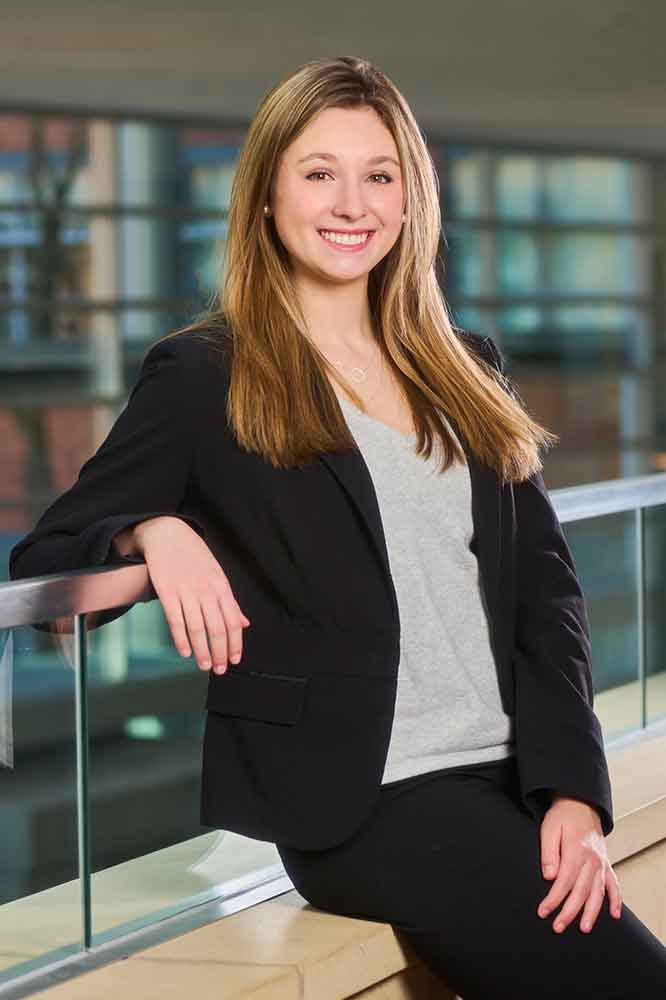
He then explained to McCloskey that he was part of the Penn State Smeal College of Business Student Mentors program, a team of students who assist first-year students with their transition to college and campus life.
“I found it fascinating how he really cared about who I was outside of my academics and my life outside of school,” McCloskey says. “He made an effort to speak with my parents and get to know them, which made an impact on me.”
Later that day, McCloskey put down an enrollment deposit for Penn State. From that point on, Baker continued to act as a mentor, guiding his fellow student in her academic journey.

Not only did Baker’s welcoming nature and knowledge help seal the deal for McCloskey’s enrollment at Penn State, it also inspired her to follow in his footsteps of becoming a Smeal Mentor and helping other incoming students and their families comfortably transition from high school to college.
Providing a sense of support to prospective students is just one example of the positive impact of mentoring. Studies show that hierarchical and peer mentoring in collegiate settings positively influence traditional indicators of student success such as average GPA, credits earned, and retention.
“In my experience, mentorship is essential to one’s success both in and out of the classroom,” Baker says.
The power of peer-to-peer relationships for first-year students
“We are your first friend on campus and your first Smeal connection.”
The Smeal Student Mentors slogan reflects the organization’s mission of making the transition from high school to college as smooth as possible for first-year students. Every year, around 100 student mentors are paired with incoming students to support them as they embark on their Penn State journey.
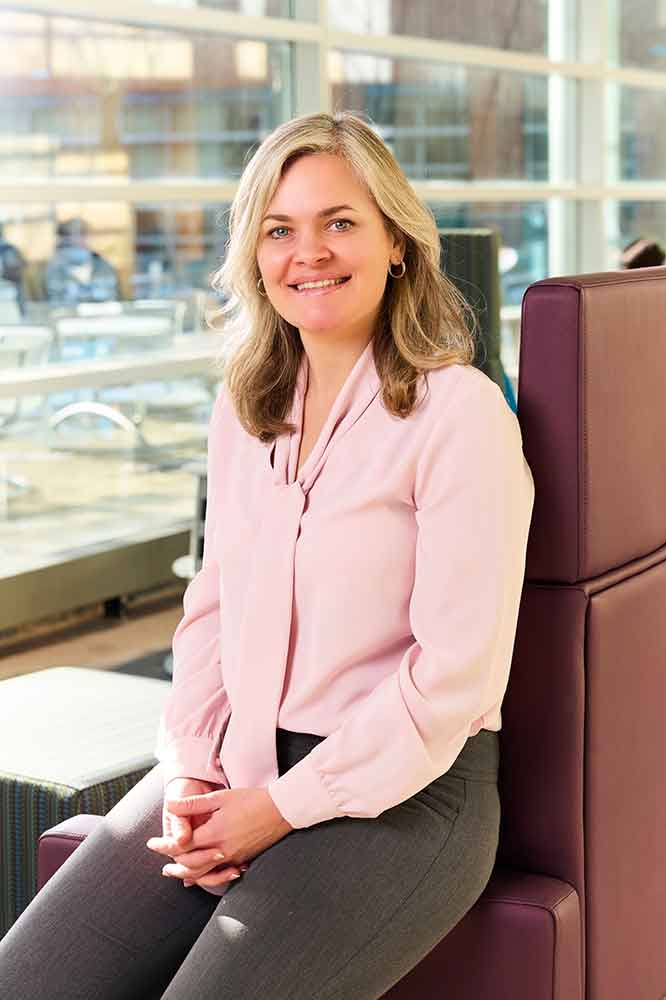
“The transition from high school to college is a huge step and can be very overwhelming,” says Alla Hatfield, Smeal Student Mentors faculty advisor. “Smeal Student Mentors are there to encourage their first-year prot g to get involved in clubs and organizations right off the bat.”
Smeal has harnessed the power of student peer mentoring for nearly 20 years. Since then, it has grown tremendously, serving all first-year students and welcoming an incoming class of around 750 to 900 individuals.
Student mentors introduce protégés to helpful resources within the college and across Penn State, and they are responsible for organizing several events during the fall semester, including International Student Welcome Night, the First-Year Student Welcome Picnic, Snack & Schedule (where mentors help students schedule courses for the spring semester), resume reviews, and presentations in First- Year Business Seminar (PSU6).
Mentors also assist with Parents and Families Weekend, Explore Smeal, and Accepted Student Programs. In these environments, mentors like Baker provide students and families with a relatable perspective about life as a Penn State student.
“The most rewarding and inspiring aspect of this job as an advisor is seeing the connections students make and the impact it has on their journey,” Hatfield said. “I also enjoy coaching the mentors and seeing their leadership potential unfold as they are giving back to help other students succeed.”
Reflective of the program’s esteemed reputation, those interested in becoming a student mentor go through a rigorous and competitive selection process. The high volume of applicants is typically double the amount of available mentoring spots, leaving the most competitive students to fill these roles.
Baker, who is currently a fifth-year Master of Accounting student, has been a student mentor for three years and has served on the Board of Directors of Smeal Student Mentors for two years. He fell into mentorship after experiencing the benefits of being a protégé during his first year.
If it weren’t for his mentor, Baker said that he would have been significantly more overwhelmed navigating his first year of college, especially due to Penn State’s size.
Like Baker, President of Smeal Student Mentors Hayley Peterson was inspired to join the program after forming an invaluable relationship with her own mentor during her freshman year. She has been involved for the past four years, previously serving as the events coordinator.
Peterson said she sees mentorship as an opportunity for new students to have access to more relatable perspectives outside of what is offered by university services. By speaking directly with peers, students can ask questions that extend beyond academics and reach into their social or personal lives.
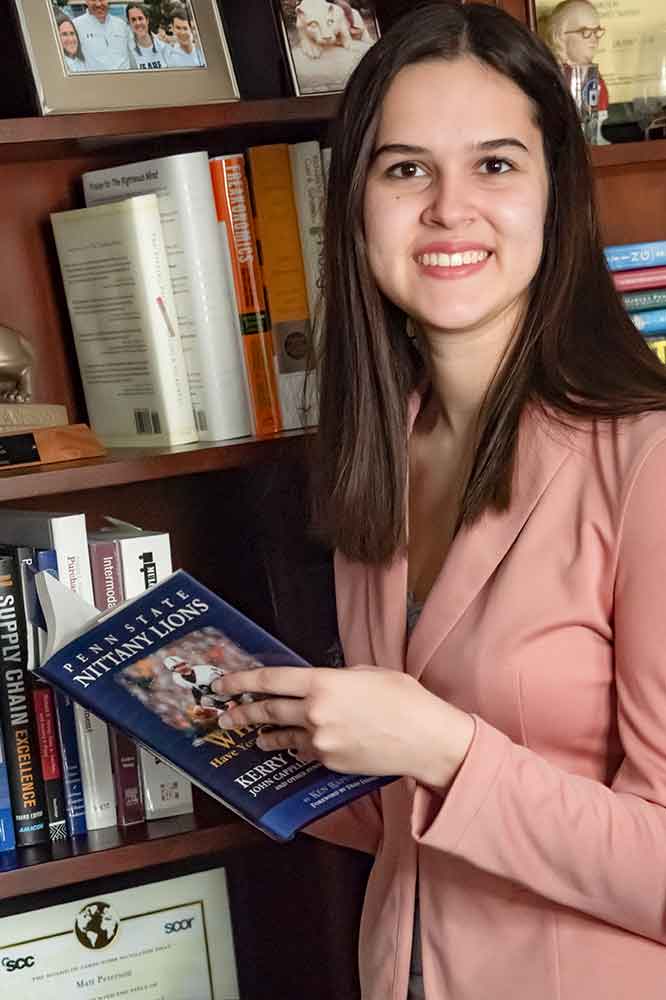
“There are questions that first-year students don’t want to ask an advisor or professor, like where to eat downtown or fun classes to take,” Peterson says. “We can give them unique advice since we were recently in their shoes.”
Alumni mentors make for early business partners
Students are also able to tap into Smeal’s vast and influential alumni network to form relationships that will support their professional development. The Smeal Mentoring Program facilitates opportunities for second-year undergraduate students through fifth-year Master of Accounting students to connect with Smeal alumni.
The one-year experience allows students to explore topics such as academic majors, internships, career planning, college-to-career transition, and leadership development.
Established in 2009, the program has continued to evolve over the years in both the number of participants and the quality of resources provided. More than 350 mentorship matches have been made this year.
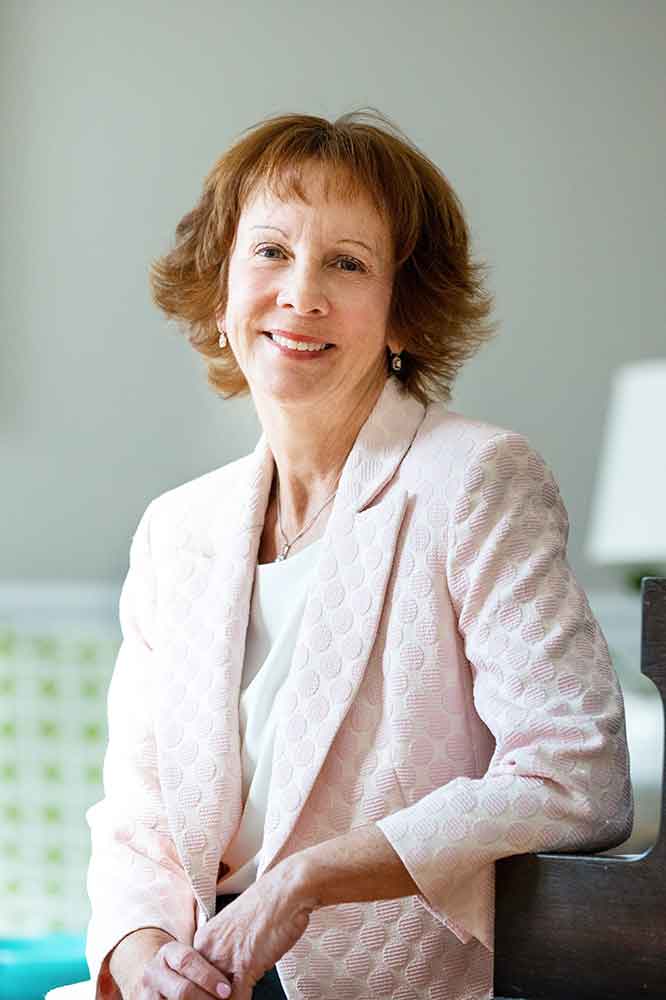
Lynn Cruser, a business management graduate, has been an active member of an alumni volunteer committee that has been instrumental in the success of the program. She also serves as an alumni mentor, helping students to make an immediate impact upon graduation.
“I have had so many wonderful mentoring pairings over the years, and I think it is a relationship that is great for both the Smeal undergraduates and the alumni who participate,” Cruser says. “It keeps our alumni connected to Smeal and it allows our students to be better prepared for life after Smeal.”
As a retired alumna, Cruser says she aims to equip her protégés with the knowledge and skills needed to catalyze their success post-graduation and give them a head start in the business world.
“The mentoring style that has worked for me is to be open and engaged with my prot g s,” Cruser says. “As we do in business, my first meeting includes an agenda so that they know what we are going to talk about and what my expectations are.”
This year, Cruser was paired with supply chain major Ashley Balderson. While the pandemic limited their interaction to virtual meetings, Cruser says they forged a unique and successful relationship that has benefited both parties.
“It was successful because she had so many positive outcomes: her greatly improved Smeal resume, her selection of supply chain as her major, and her successful pursuit of leadership roles and a summer internship,” Cruser says. “Ashley is a wonderful and motivated student, and I think our relationship really helped her achieve her full potential at Smeal.”
This is the type of mentorship that Arnold Family Professor of Management Aparna Joshi says is most beneficial. Joshi has conducted research on the benefits of such relationships.
“To be effective, mentoring needs to involve ‘sponsorship’ — advocating for mentees to senior managers, highlighting mentees’ accomplishments, seeking out projects that allow the mentee to display their competence, speaking up for the mentee during promotion and reward allocation calibration sessions,” Joshi says.
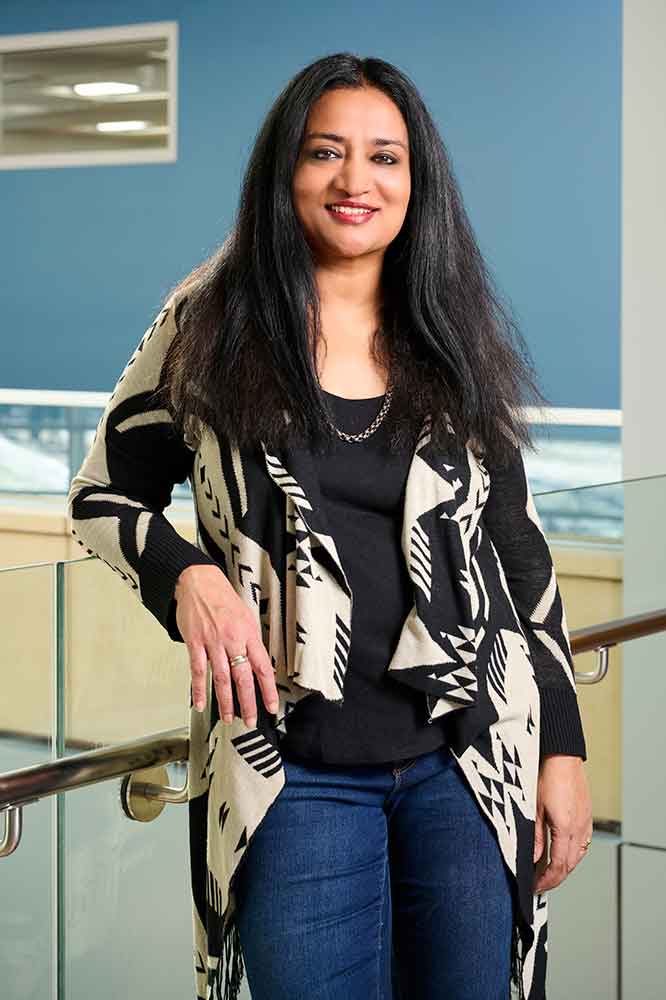
Balderson said her monthly meetings with Cruser were even more helpful than she had anticipated, adding that her mentor went out of the way to keep her up to date on events in Smeal and pushed her to seek out opportunities for growth.
She was particularly grateful when Cruser connected Balderson with a woman who worked in supply chain for an established company. She helped the student come up with questions for the meeting and gave her tips on how to make the most out of the interview.
“Lynn has made me feel much more confident with my interview skills and because of her guidance, I am proud of my resume,” Balderson says. “And even though she is no longer my mentor, she continues to reach out. I’m very grateful for our relationship.”
To learn more about the Smeal College of Business Mentoring Program, visit magazine.smeal.psu.edu/MentoringProgram or download our Mentor Guide at magazine.smeal.psu.edu/MentorGuide.
